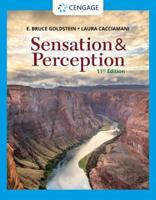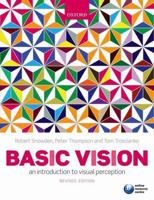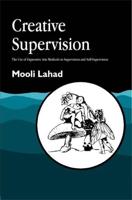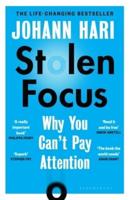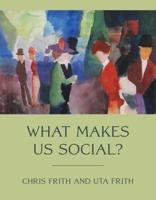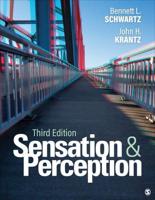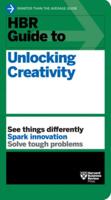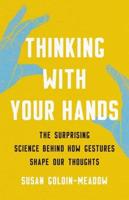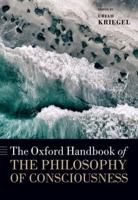Publisher's Synopsis
In 1978, Hulse, Fowler and Honig published Cognitive Processes in Animal Behavior, an edited volume that was a landmark in the scientific study of animal intelligence. It liberated interest in complex learning and cognition from the grasp of the rigid theoretical strictures of behaviorism that had prevailed during the previous four decades, and as a result, the field of comparative cognition was born. At long last, the study of the cognitive capacities of animals other than humans emerged as a worthwhile scientific enterprise. No less rigourous than purely behavioristic investigations, studies of animal intelligence spanned such wide-ranging topics as perception, spatial learning and memory, timing and numerical competence, categorisation and conceptualisation, problem solving, rule learning and creativity. During the ensuing 25 years, the field of comparative cognition has thrived and grown, and public interest in it has risen to unprecedented levels. In their quest to understand the nature and mechanisms of intelligence, researchers have studied animals from bees to chimpanzees. Sessions on comparative cognition have become common at meetings of the major societies for psychology and neuroscience, and in fact research in comparative cognition has increased so much that a separate society, the Comparative Cognition Society, has been formed to bring it together. This volume celebrates comparative cognition's first quarter century with a state-of-the-art collection of chapters covering the broad realm of the scientific study of animal intelligence.


